
2019 saw the global health community come together in a way we have never experienced before – united under the umbrella of universal health coverage (UHC).
UHC was the buzzword at all global, regional and national health meetings, culminating in the UN High-Level Meeting on UHC during the United National General Assembly in September 2019. At the meeting, member states adopted a pivotal political declaration, articulating a clear commitment at the highest level to advancing UHC.
This commitment has been echoed in other forums this year:
- In October 2019, the Inter-Parliamentary Union, made up of 179 national member parliaments and 12 regional parliamentary bodies, adopted a resolution calling for parliaments to take all legal and policy measures possible to achieve UHC by 2030. Importantly, it calls on parliament to “allocate adequate domestic resources for the progressive realisation of UHC through sustainable health financing…” (Para 19).
- Also in October 2019, the G20 Health Ministers signed the Okayama Declaration, reaffirming previous commitments to UHC, including the political declaration of the HLM-UHC. Similarly, the G20 Leaders adopted the Osaka Declaration, calling for greater collaboration between health and finance ministries.
We end 2019 on a tide of political momentum and optimism that health for all is achievable. In 2020, we need to see this momentum and optimism translated by governments into action in national contexts. Indeed, the global theme for UHC is calling on world leaders to ‘keep the promise of health for all’ they made at the high-level meeting on UHC in September 2019.
My wish list for UHC is long but here are my three priorities for 2020:
- Governments must increase the amount of domestic resources allocated to the health sector, and address inefficiencies in the management of health sector budgets. This will send a clear signal to all stakeholders that governments are taking this agenda seriously and are willing to realise the commitments they made at the high-level meeting and in other spaces. To caveat that, the journey to UHC is different for every country, and low-income and fragile and conflicted affected states are particularly constrained by limited fiscal spaces.
- Governments must ensure that this money is invested in primary health care (PHC). PHC is considered the first contact populations have with the health system, so it is critical that it meets people’s health needs. Evidence indicates PHC is “the most equitable, efficient and effective strategy to enhance the health of populations”, so it is critical that PHC systems are strengthened to offer high quality services to communities.
- Governments must leave no one behind in efforts to advance UHC. Equity is at the heart of UHC and as such, efforts to advance UHC must focus on reaching the furthest behind first, including children, young people, people with disabilities, people living with HIV/Aids, older people, indigenous people, refugees and internally displaced people, and migrants (outlined in para 70 of the UN General Assembly resolution on UHC). A key aspect of this is engagement and consultation with these stakeholders – they must be meaningfully consulted and engaged in the development, implementation and evaluation of all UHC-related strategies, interventions and policies.
While the focus of my wish list is on government action, this does not excuse other stakeholders – we must support governments to ensure that UHC and health for all becomes a reality, and hold them to account for the commitments made in 2019. We all have a role to play in coming together to advance UHC in all the contexts we work and live in.
My hope is that by UHC Day in 2020, I will be reflecting on the successes of the above actions.
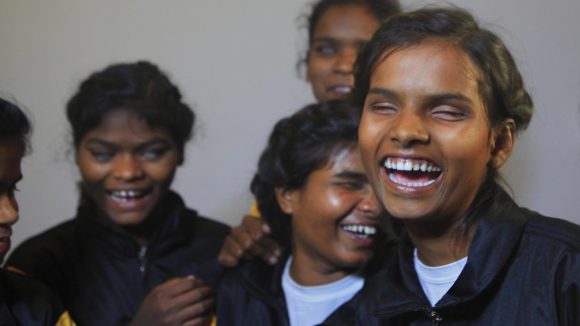
Join our campaign
Our Equal World campaign fights for the rights of people with disabilities worldwide.
More on the campaignAuthor
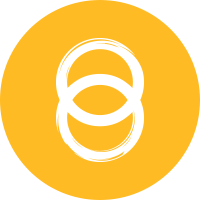 Emma Mulhern
Emma Mulhern
Emma is Sightsavers’ Health Policy Adviser, and is based in the United Kingdom.
Want to read more about our work?
Sightsavers and social inclusion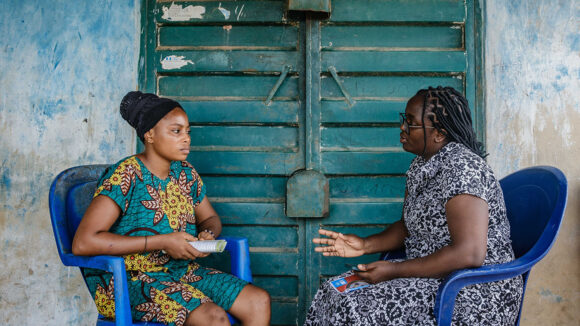
Why community collaboration is important in our research
Our research on female genital schistosomiasis has highlighted the need to establish a safe and supportive environment for participants when studying sensitive topics.
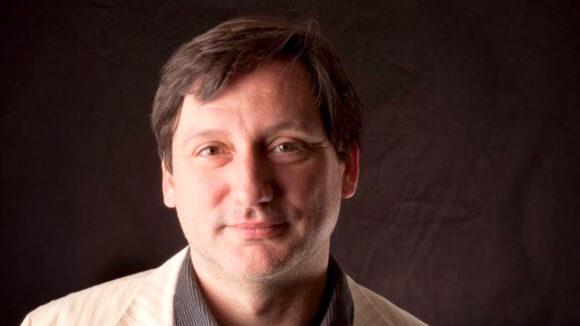
The key to inclusive education is engaging organisations of people with disabilities
Collaborating with organisations of people with disabilities (OPDs) on our inclusive education projects has earned the Sightsavers-led Inclusive Futures consortium a Zero Project Award in 2024.
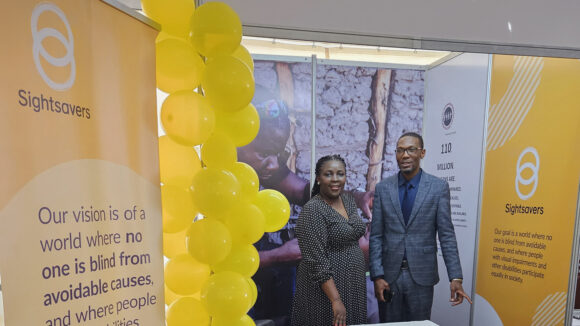
Six takeaways from the International Conference for Public Health in Africa
Sightsavers’ Hortance Manjo shares insights from the event in Zambia, which highlighted eye health for the first time.